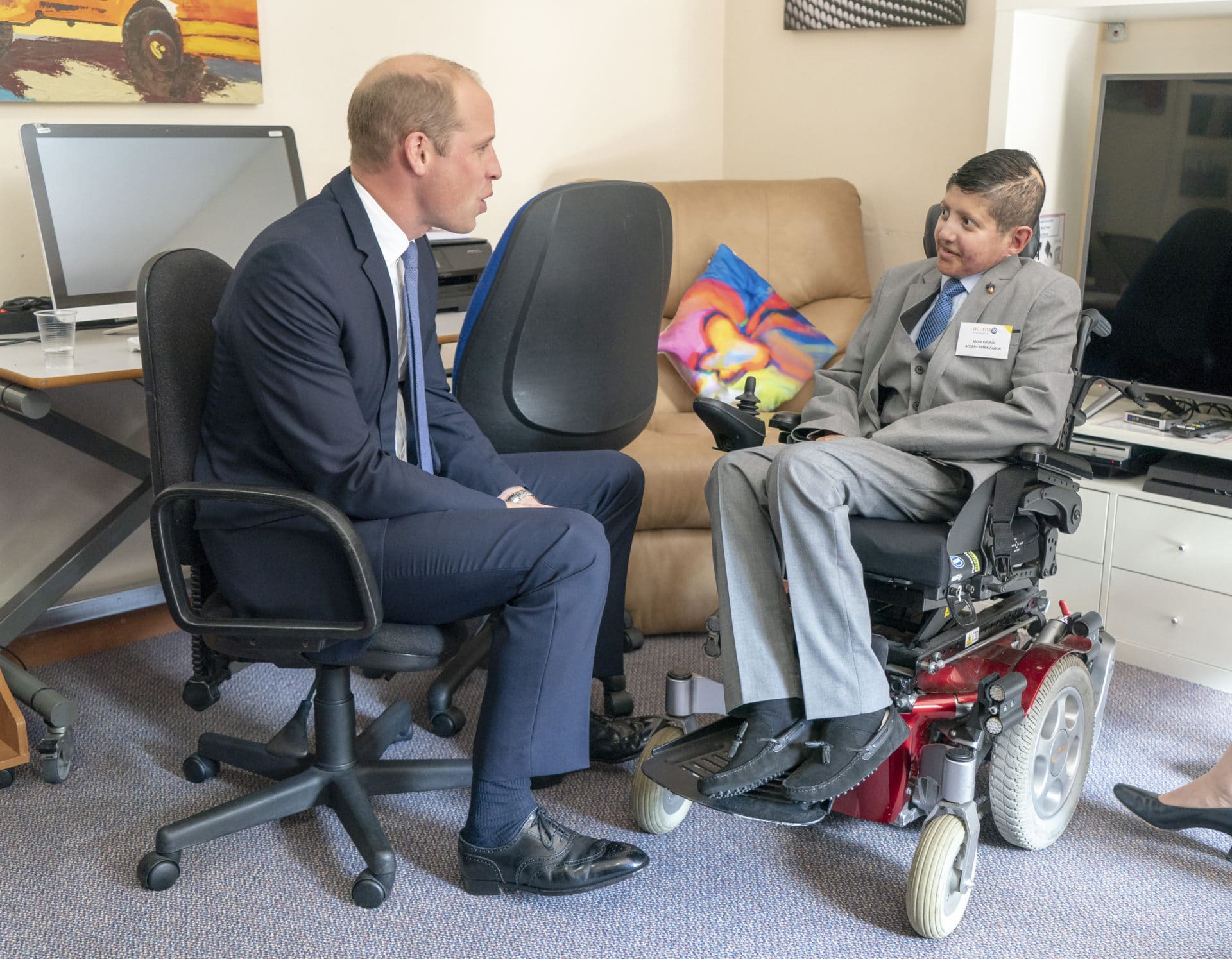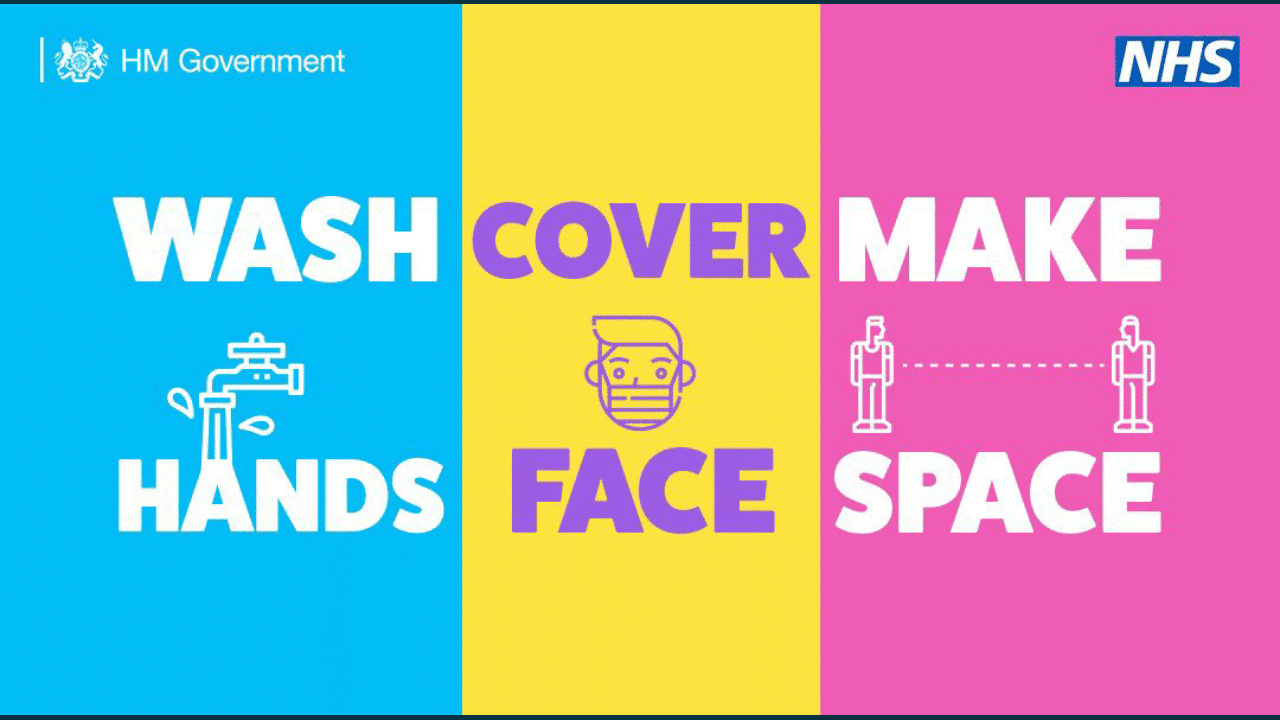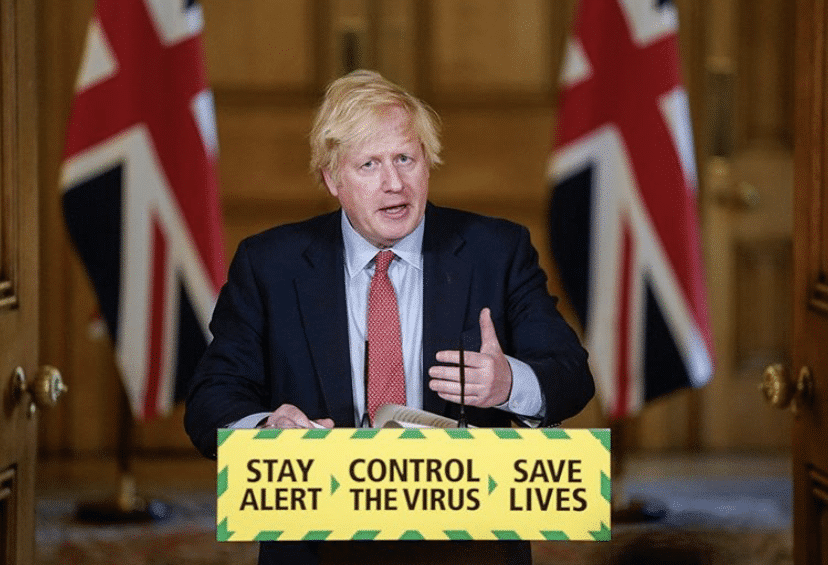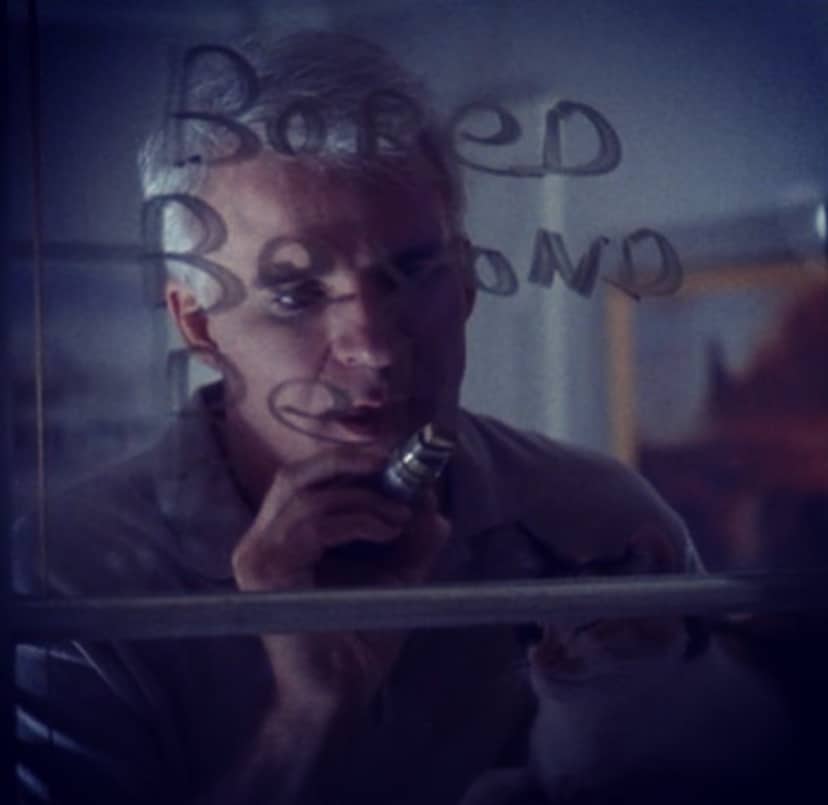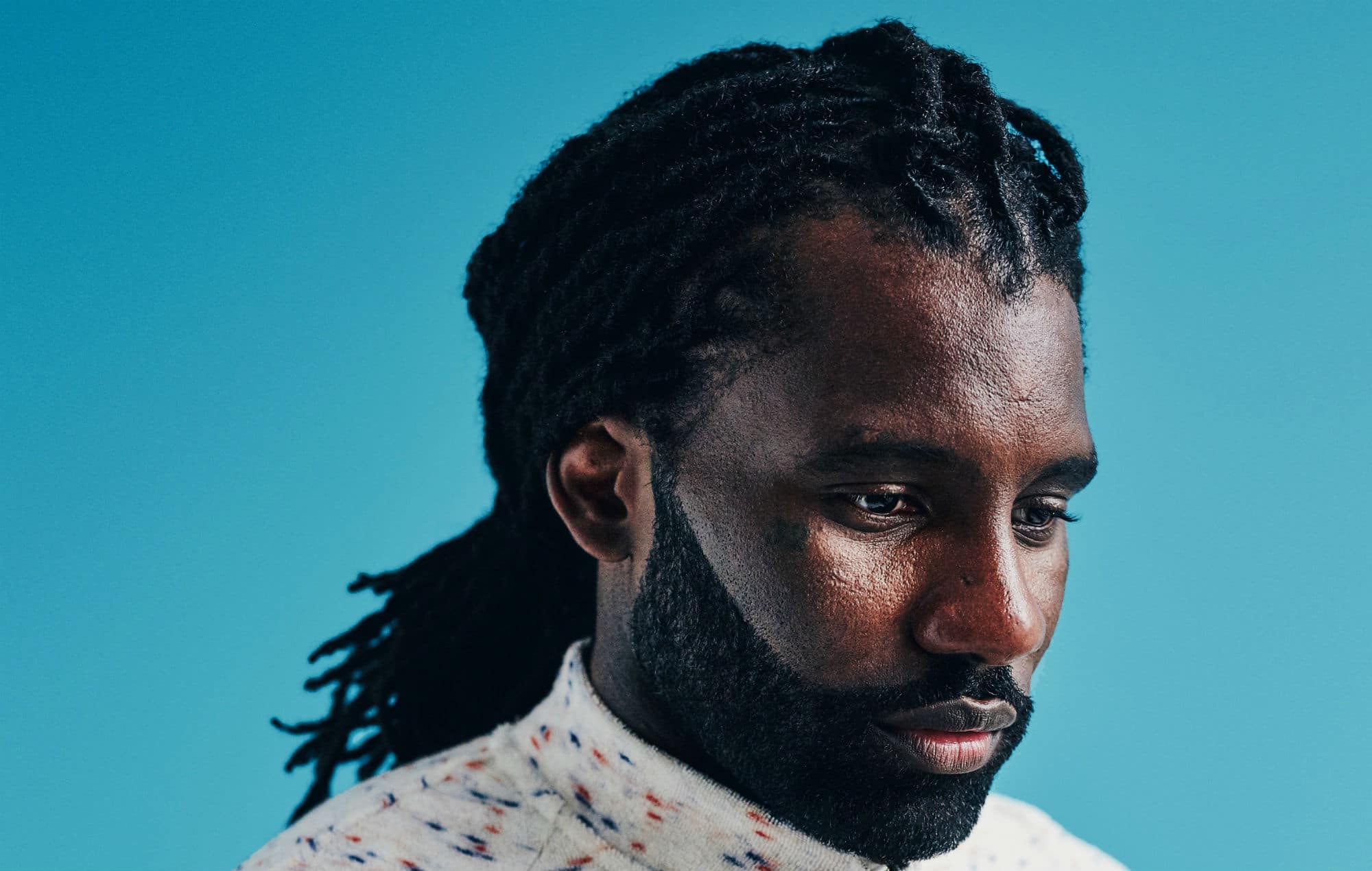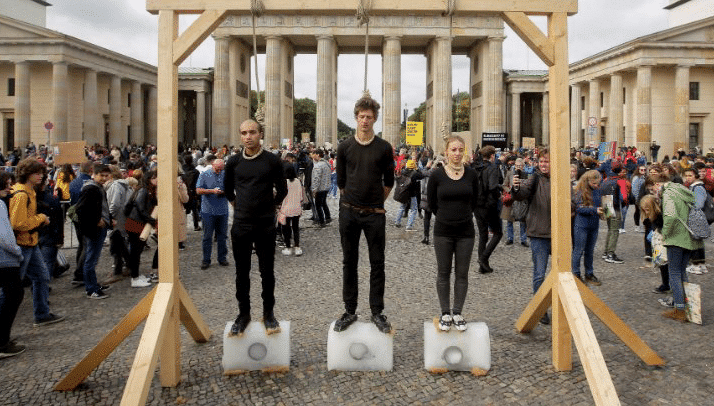The challenges facing children’s hospices
News
What impact have austerity measures had on the places that need funding most? An interview with Toby Porter from Acorn's Children's Hospice in Birmingham.
After years of austerity measures and a dive off the Brexit cliff looming, a lot of the country are deeply worried about what the future holds. Within this, it is particularly worth thinking about the often unheralded but absolutely vital care and support charities, like Acorn’s Children’s Hospice which runs centres to help with sick children and their families. Already under pressure due to government cuts and the child poverty crisis in the UK, they are gripping themselves for what’s ahead. We feel it’s important to give these charities a voice and to rally support behind them, and the hugely important work they do, so here is Chief Executive of Acorn’s, Toby Porter…
What do you do at Acorns?
Acorns is the UK’s largest children’s hospice charity. We were founded 30 years ago. Acorns provides a range of palliative care and support services to children and families across the West Midlands, from our 3 children’s hospices in Birmingham, Walsall and Worcester. At any one time, our Acorns teams are working with around 850 children, and supporting c 1050 families (the number for the latter is higher because we offer post-bereavement services to families after the death of a child) – you can read more about our services here https://www.acorns.org.uk/about-acorns/
What are the main challenges for families that you help with?
Of course, by far the greatest challenge for families is coming to terms with the diagnosis that their son or daughter has a life-limiting or life-threatening condition. For children falling into those categories, the great majority have complex health needs, and they require round-the-clock care. In most cases, their parents quickly become their primary carers. There is almost always an economic impact on families of a child with complex health needs, as there are immediate and obvious changes to the family income (very often reduced as one or both parents cut down on work hours) and expenditure (almost always increased) side. We see our role and our privilege at Acorns to be able to provide a little bit of support to these remarkable families.
How is it funded?
We spend around £10m a year on our children’s hospice services. We own our three hospices outright, so the majority of the costs we incur are on our care and support staff. We are also lucky to have the support of more than 1000 volunteers, in our hospices, supporting families in their homes, and working in one of our 55 charity shops, which greatly increases the amount of care we provide, and funds we raise.
For every £1 we raise, 35p comes from the NHS, 15p comes from our charity shops, and 50p comes from charitable gifts of all shapes and sizes, from extraordinarily large individual donations, to people doing runs and other sponsored events for us, down to collection boxes on local pubs and shops.
What impact have current economic difficulties had on your work?
Acorns is lucky to enjoy the trust and support of our local community. But there is no question if you look at our income over the past 30 years, that charities’s overall income levels are visibly sensitive to broader economic confidence and outlook. So we are a bit nervous about the next year or two.
The main impact of austerity has been not on our own budgets (NHS support has held up quite well) but on the services and support provided by local councils and other authorities to the children and families we work with. We know of several important geographical areas where the council’s budget for children’s services has been cut by 40% or more from levels of three years ago. Almost all of our local authority funding has disappeared over this time, but while we can reply on NHS and charitable donations to make up the shortfall, families have paid an obvious price. Many of the centres and services that they would have accessed alongside our services at Acorns have been reduced or cut altogether.
We have seen UN reports about the scandal of child poverty in the UK, do you see that at your end, and its effects?
Yes, we see it. Study after study has shown that having a child with a disability is a huge predictor of poverty in the UK. The great majority of children we see at Acorns have complex and often multiple disabilities. You can find more details and some statistics that the Joseph Rowntree foundation have made available on how the variable of a family member with a disability acts on poverty rates – https://www.jrf.org.uk/data/poverty-rates-families-disabled-person
What misconceptions do people have about hospices?
That they are places where children go to die. While we do of course offer end of life care, the great majority of the stays we provide at our three hospices are residential “respite” stays or short breaks, designed to provide a safe, caring and joyful stay for a child, and allowing their parent(s) time to recharge / rest / give some time to their other children or to each other etc. Almost every visitor we show around one of our Acorns hospices remarks how different they are to what they are expecting – and its almost always about how much happier the atmosphere is than what they had expected. Our mantra is “making every day count” or “making special memories”
What are the key things that could improve support for children who need it, and for an organisation such as yourselves?
In the most simple terms, I would like to see children and families in this category of extreme vulnerability talking about kindness and assistance when accessing financial support, social or other services. Where I have been saddest is listening to parents seemingly invariably using the language of war to describe their experience after the diagnosis of their child – “we battled with social services”, “I had to fight for my care package” etc etc. We would love to see more integration between health and social care when it comes to children with these complex health needs – again, too often, the discussion between health and social care providers seems not to be a positive one about how they can best combine their resources and expertise to meet the needs of children and families, but rather a negative one, with each side beginning by saying that the financial responsibility to support a child or family belongs to the other side. I have heard these things too often to think this is rare or exaggerated – it seems baked in.
I want to live in a country where the prevailing attitude and lived reality is one of never being able to do too much to make life easier for parents that might lose a child.

Join The Book of Man
Sign up to our daily newsletters to join the frontline of the revolution in masculinity.




